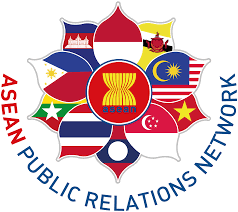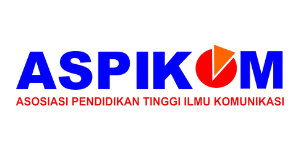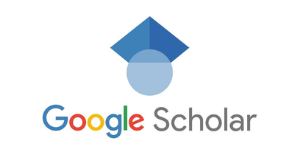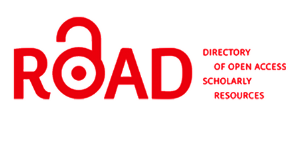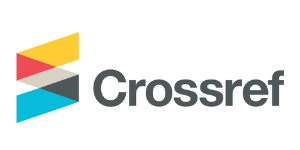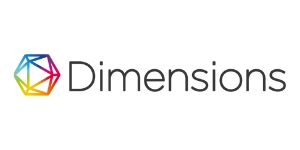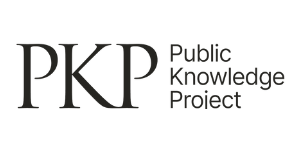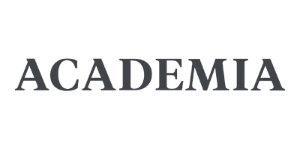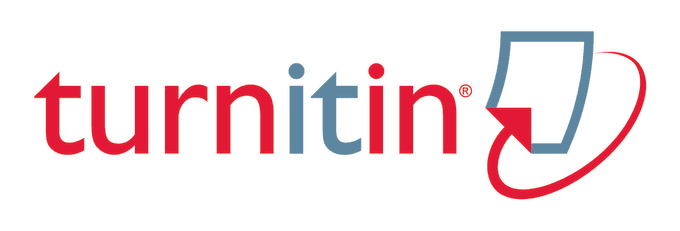Submission Closed for JCPR July 2025 Edition – Now Accepting for 2026 Edition!
We would like to inform all prospective authors that JCPR Vol. 4 No. 2 (July 2025 Edition) is now full. We are currently accepting submissions for the January & July 2026 Edition (Vol. 5 No. 1 & No. 2).
In the meantime, we also invite you to take part in the 6th LSPR International Conference on Communication and Business (ICCB) 2025, an exciting platform to exchange knowledge and showcase your research!
Read more about Submission Closed for JCPR July 2025 Edition – Now Accepting for 2026 Edition!

